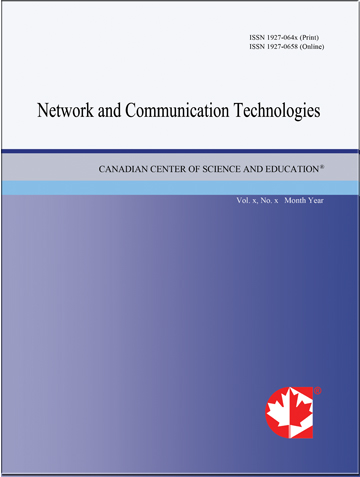Gender Differences in Academic Self-Concept among Standard Seven Pupils Using Learning Strategies in the Use of Information Communication Technology in Bungoma County, Kenya
- Fred Juma Wakasiaka
Abstract
Despite introduction of Information Communication Technology in schools by Government of Kenya, minimal research has been done on influence of learning strategies in information communication technology use on academic self-concept of pupils. Academic self-concept has a reciprocal relationship with academic achievement. Poor trends in academic achievement are associated with pupils’ low academic self-concept as an outcome of continued use of traditional learning strategies. This may be alleviated by use of information communication technology in the learning process. The purpose of the present study was therefore to investigate gender differences in academic self-concept among pupils using learning strategies in the use of information communication technology. Multimedia Learning Theory, Collaborative Learning Theory and the Self Theory of Personality Development formed the theoretical framework of the study. A causal comparative ex post facto research design was used. The study employed mixed methods research by integrating qualitative and quantitative research. The study was done in Bungoma County. The target population was Standard Seven pupils in public primary schools in Bungoma County. A sample of 375 pupils was involved. Purposive sampling was used to select schools with computer program as treatment group and simple random sampling for schools using traditional learning strategies as comparison group. Independent and dependent variables were learning strategies and academic self-concept (measured in 3 dimensions) respectively. Data was collected through an adapted questionnaire with Academic Self-concept Scale and Learning Strategy Rating Scale for learning strategies. Oral interviews and non-participant overt observations were used to collect qualitative data from pupils and teachers who handled learners in the laptop computer programs. The reliability and validity of the instruments was established through a pilot study in 2 sampled schools which were not included in the main study. Data management and analysis was done using both inferential and descriptive statistics using Statistical Package for Social Sciences program. Pearson product moment correlation and t-test were used for inferential statistics. Results showed that there were no significant gender differences in academic self-concept among pupils using traditional learning strategies and those using learning strategies in the use of ICT (t=1.151, t=1.03,-1.494 df=168.191, 182.979 and 165.341, p> 0.05 and (t= 1.422, -0.178 and 0.386, df=178.3 94,180.903 and 175.616, p> 0.05) for treatment and comparison groups respectively. Recommendations for adoption of learning strategies in information communication technology use in classroom teaching and learning, policy development in education and curriculum development were made. Further research using pre-test and post-test experimental design with control group using samples at other levels of education and on individual subject academic self-concept was recommended.
- Full Text:
 PDF
PDF
- DOI:10.5539/nct.v6n2p22
Journal Metrics
(The data was calculated based on Google Scholar Citations)
1. Google-based Impact Factor (2021): 0.35
2. h-index (December 2021): 11
3. i10-index (December 2021): 11
4. h5-index (December 2021): N/A
5. h5-median (December 2021): N/A
Index
Contact
- Bruce LeeEditorial Assistant
- nct@ccsenet.org
